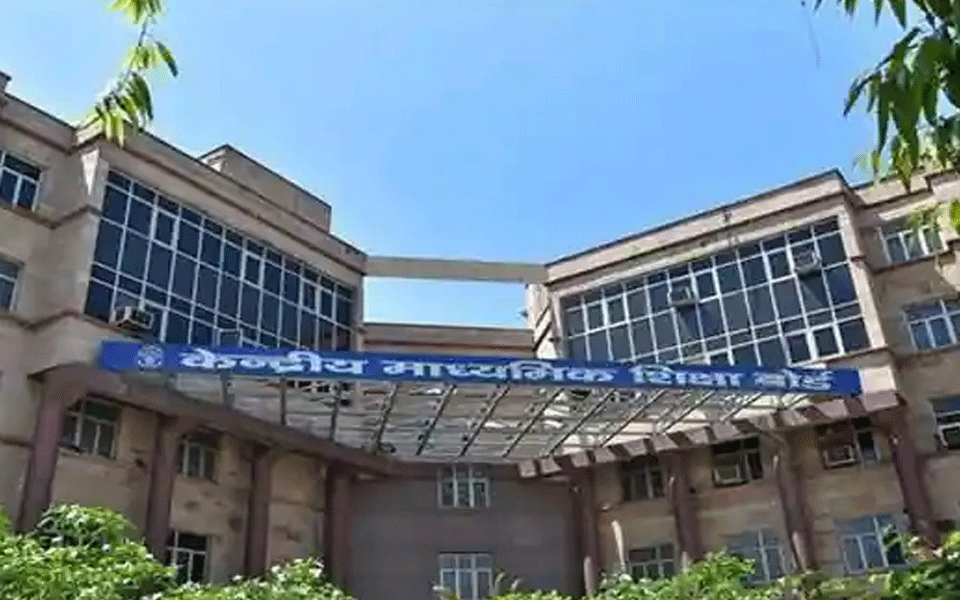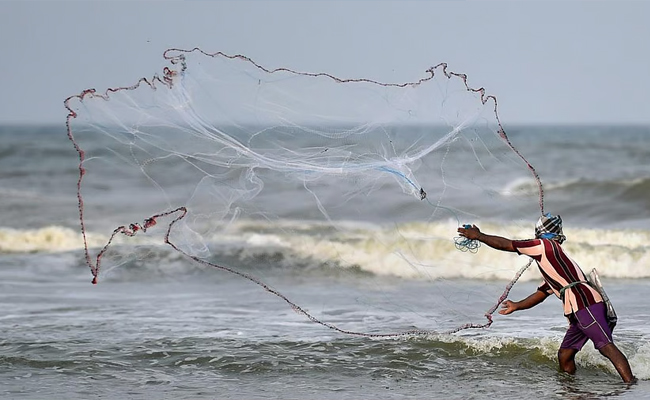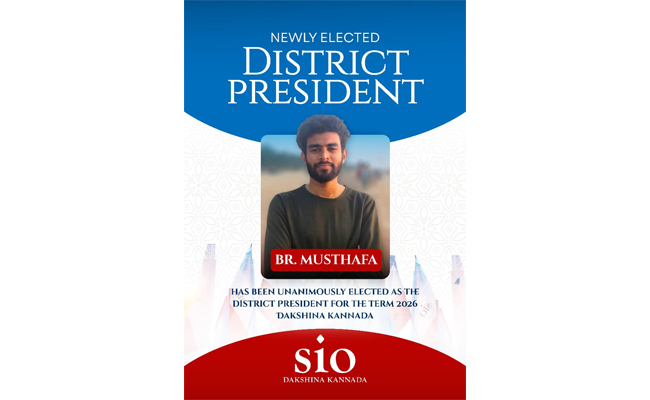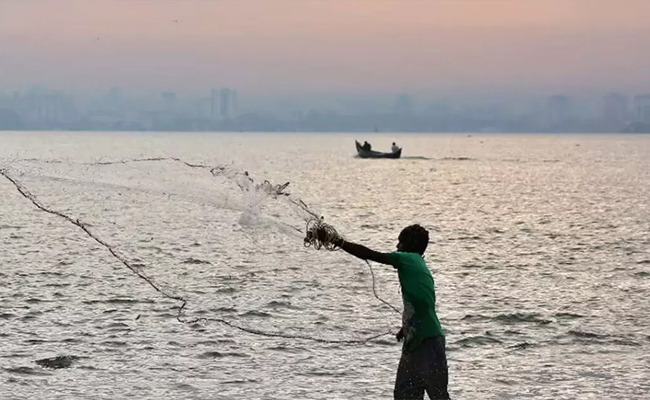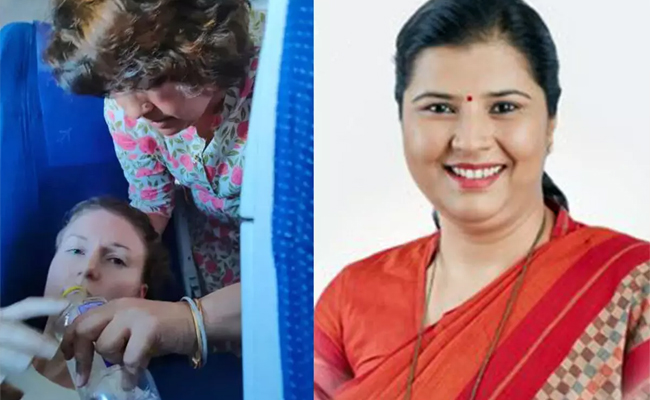New Delhi: The Central Board of Secondary Education (CBSE) announced class 10 results on Tuesday.
"The results have been announced at 12 noon today," a senior official said.
The board exams were cancelled this year in view of the aggressive second wave of COVID-19. The result has been announced on the basis of an alternate assessment policy.
According to the policy, while 20 marks for each subject were for internal assessment as every year, 80 marks were calculated on basis of the students' performance in various tests or exams throughout the year.
The CBSE Class 10 results have been published on the official websites of the Board at cbseresults.nic.in.
To check CBSE result 2021 from cbseresults.nic.in, candidates will be required to use roll number as login credentials.
Let the Truth be known. If you read VB and like VB, please be a VB Supporter and Help us deliver the Truth to one and all.
Bengaluru: Karnataka is planning to set up a 100-acre integrated aqua park aimed at promoting fishing. The proposed park will offer end-to-end facilities, including fish farming, storage facilities and sports fishing.
According to a report published by Deccan Herald on Sunday, a senior official from the Karnataka Fisheries Department said the aqua park is part of a concept introduced by the Union Ministry of Fisheries, Animal Husbandry and Dairying. The idea is to develop hubs that support the entire fishing value chain from fish seed production and feed to processing and market access.
According to the plan, the aqua park will include nine major facilities like farming of fish food, generating of fish seeds, development of fish seeds, fish farming, cold processing units, development of ornamental fish for aquariums, well-equipped market, fish transport facilities, and sports fishing.
The fisheries department has shortlisted three locations for the project, Byndoor in Udupi, Malavalli in Mandya and Almatti in Bijapur. One of these locations will be finalised based on land availability, after which a Detailed Project Report (DPR) will be prepared and sent to the Union government for approval.
“We have received proposals for three locations. All of them have water bodies close by and hence there is a demand for fishing. However, space is the main criteria. If we are able to get 100 acres, we will go ahead and prepare a detailed project report (DPR) to be submitted to the central ministry,” DH quoted Dinesh Kumar Kaller, director, Karnataka fisheries department as saying.
At Malavalli, near Gaganachukki, around 75 acres of land has been identified and a request has been sent to the Revenue Department. The revenue department has said that the land belongs to the forest department and talks are on. We are also looking at other locations, Kaller reportedly said.
As per the report, at present, only 11 states have an aqua park approved under the Pradhan Mantri Matsya Sampada Yojana (PMMSY) and Karnataka is confident that its proposal would also be accepted soon.

